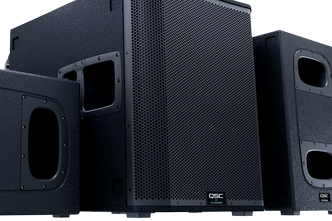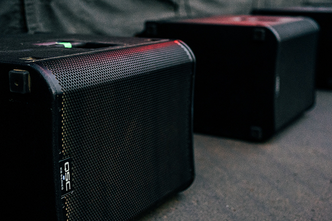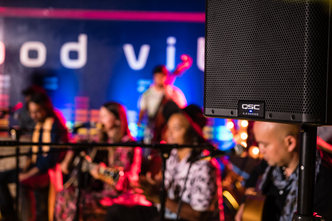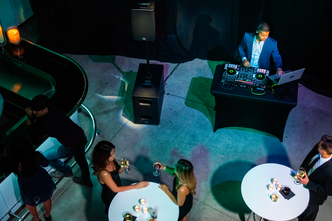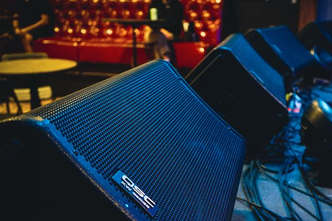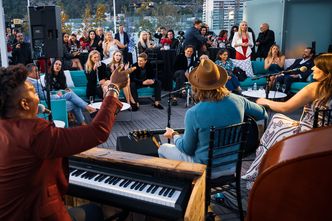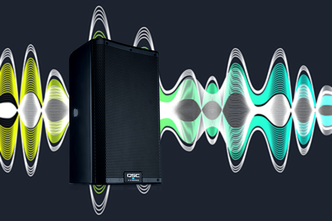
If you are familiar attending any type of live show, concert or performance using PA loudspeakers, you will most likely also agree that loudspeakers’ humming, hissing or buzzing noise can quickly ruin a performance. This article reviews each of the common causes of audible (and irritating) loudspeakers’ hum and hiss, and discusses effective strategies to … Read More
